 Well after a week of hearing different opinions on whether he should or shouldn't, would or won't start the ketogenic diet (for seizure control) today, I was surprised and delighted to hear that we are going ahead with it. Which does mean we will be here for at least another 3 days. This will give him more time to work on weening off the CPAP, which has proven to be a slow process.
Well after a week of hearing different opinions on whether he should or shouldn't, would or won't start the ketogenic diet (for seizure control) today, I was surprised and delighted to hear that we are going ahead with it. Which does mean we will be here for at least another 3 days. This will give him more time to work on weening off the CPAP, which has proven to be a slow process. The ketogenic diet is a high fat, adequate protein, low carbohydrate diet, primarily used to treat difficult-to-control (refractory) epilepsy in children. The diet mimics aspects of starvation by forcing the body to burn fat rather than carbohydrate. Normally, the carbohydrates in food are converted into glucose, which is then transported around the body and is particularly important in fuelling the brain. However, if there is very little carbohydrate in the diet, the liver converts fat into fatty acids and ketone bodies. The ketone bodies pass into the brain and replace glucose as an energy source. When the body produces ketone bodies—a state known as ketosis—this has an anticonvulsant effect.[1]
The diet has just enough protein for body growth and repair, and sufficient calories to maintain the correct weight for age and height. The "classic" ketogenic diet contains a 4:1 ratio by weight of fat to combined protein and carbohydrate.
Developed in the 1920s, the ketogenic diet's popularity waned with the introduction of effective anticonvulsant drugs. In the mid 1990s the Hollywood producer Jim Abrahams, whose son's severe epilepsy was effectively controlled by the diet, created the Charlie Foundation to promote it. Publicity included an appearance on NBC's Dateline programme and …First Do No Harm (1997), a TV movie starring Meryl Streep. The foundation sponsored a multicentre research study and the results, which were published in 1996, marked the beginning of renewed scientific interest in the diet.[1] The potential use of the diet as a treatment for medical conditions other than epilepsy is, as of 2008, still at the research stage.[3]
In 2008, a randomised controlled trial showed a clear benefit for treating refractory epilepsy in children.[4] This added weight to conclusions drawn from the many earlier uncontrolled trials of the ketogenic diet's efficacy and safety, which already provided sufficient evidence to recommend clinical use. In children with refractory epilepsy, the ketogenic diet is more likely to be effective than trying an alternative anticonvulsant drug. There is some evidence that adults with epilepsy may benefit from the diet, and that a less strict regime, such as a modifiedAtkins, could be effective.[1
The diet is now available in a
canned formula called Ketocal. I learned how to prepare it today and
he had his first feeding this afternoon. They will be checking
his blood sugar a few times over the next 24 hours and will be
fasting him overnight. We have to check the specific gravity
and ketones in his urine frequently. This is something
we will have to do at home too. They have to change some of
his meds because they may contain carbohydrates. Even
one gram of carbs could throw off the whole balance. They say
about 1/3 of childtlen have a greater than 90% reduction in
seizures with half of this # becoming seizure free. Another
1/3 have a 50% reduction. And 1/3 discontinue the diet due to
it's ineffectiveness or difficulty. Some people see results in the
first few days, some take 6 weeks.
Wish us luck!


















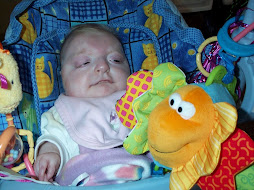




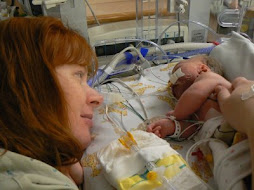

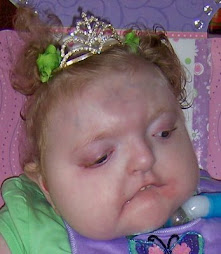
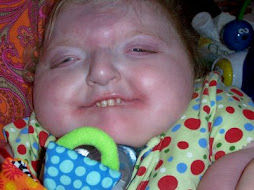

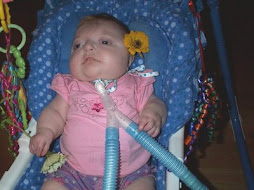







Thanks for the pic – so good to see Ambrose (aka Captain Adorable)! So glad this is moving ahead since I know you were eager to start. Once his seizures are under control/reduced will you need to continue to diet indefinitely or is it just to teach the body how to not have seizures?
ReplyDeleteYeah! Hopeing everything is going well!
ReplyDeleteUsually if it is working, a child stays on it for about 2 years. Then they try weening off and sometimes the change in seizures is permanent. If the seizures return, they may be put on a modified version of the diet.
ReplyDelete